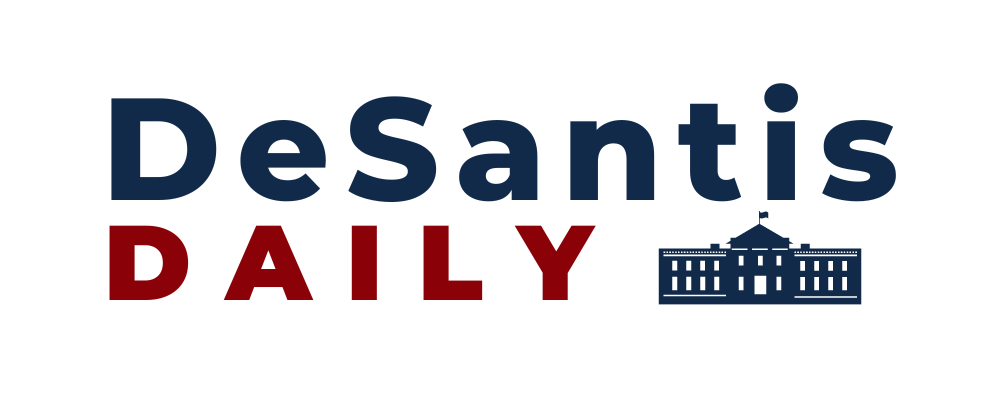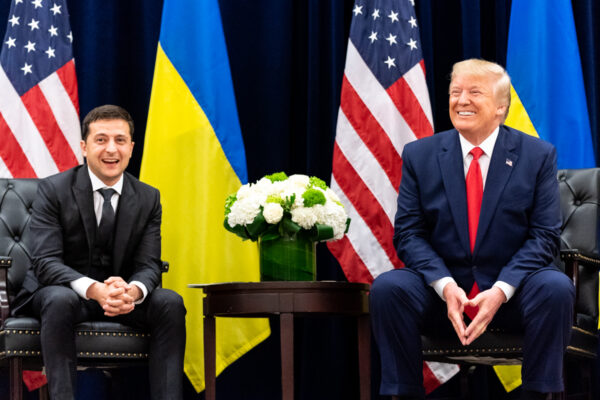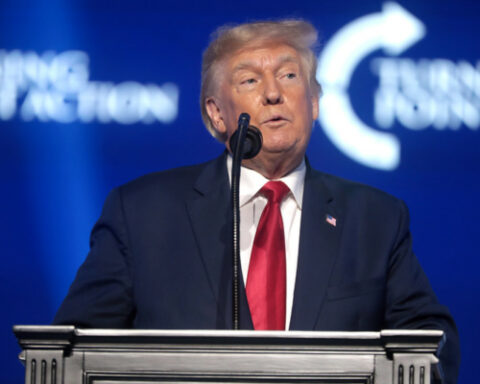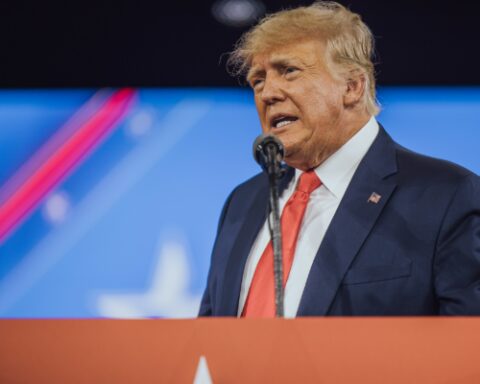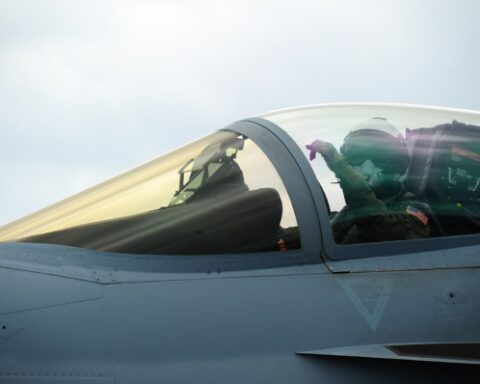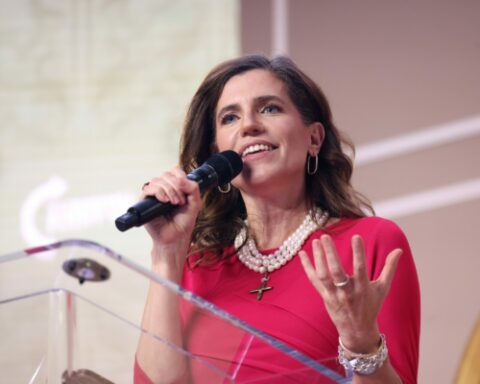The White House is now reportedly exploring whether to invite Ukrainian President Volodymyr Zelensky to an unprecedented summit in Alaska between President Donald J. Trump and Russian President Vladimir V. Putin, according to a senior administration official.
The possible invitation, though not yet finalized, underscores Mr. Trump’s push for direct diplomacy to end the more than three-year war between Russia and Ukraine — a conflict that has defied the efforts of multiple world leaders and cost tens of thousands of lives.
Mr. Trump announced on Friday that he will meet with Mr. Putin next week in Alaska to address the war and discuss what the president has described as “the betterment of both” nations. He has not ruled out hosting a three-way summit, despite the Kremlin’s previous resistance to such an arrangement.
“The President remains open to a trilateral summit with both leaders. Right now, the White House is planning the bilateral meeting requested by President Putin,” a senior White House official told NewsNation’s Libbey Dean on Saturday.
The consideration follows a trip to Moscow by Mr. Trump’s special envoy, Steve Witkoff, who has met with Mr. Putin five times this year.
Their latest discussions came just 48 hours before Mr. Trump was scheduled to impose new sanctions on Russia — a sign, administration officials said, that Washington is willing to use both pressure and negotiation to advance peace.
According to reports from that meeting, Mr. Putin presented a proposal for a complete cease-fire. The plan would require Ukraine to withdraw its forces from the Donetsk region, ceding control to the Kremlin along with neighboring Luhansk.
Mr. Trump, in public remarks on Friday, suggested that some “territorial swapping” might be part of a lasting settlement.
Such a plan would mark a dramatic shift from the maximalist positions of the past several years and would prioritize an immediate cessation of hostilities over the pursuit of indefinite military engagement — a position in line with Mr. Trump’s long-standing criticism of what he calls “forever wars.”
The proposal, however, drew a swift rejection from Mr. Zelensky on Saturday. “Of course, we will not give Russia any awards for what it has done. The Ukrainian people deserve peace,” he said, signaling Kyiv’s continued opposition to ceding any territory.
The diplomatic maneuvering has drawn in senior figures across the West.
Vice President J.D. Vance, Britain’s Foreign Secretary David Lammy, Mr. Zelensky’s top adviser Andriy Yermak, and European national security officials met in Kent, England, to discuss the cease-fire proposal.
“The UK’s support for Ukraine remains ironclad as we continue working towards a just and lasting peace,” Mr. Lammy wrote after the meeting.
For Mr. Trump, the Alaska talks represent both a test of his negotiating prowess and a potential opportunity to reshape the geopolitical landscape.
Supporters say the president’s willingness to meet adversaries head-on — rather than rely solely on bureaucratic diplomacy — is the sort of bold leadership needed to end a grinding war.
Whether Mr. Zelensky accepts the invitation could determine whether Alaska becomes the stage for a historic handshake — or merely another missed chance at peace.
